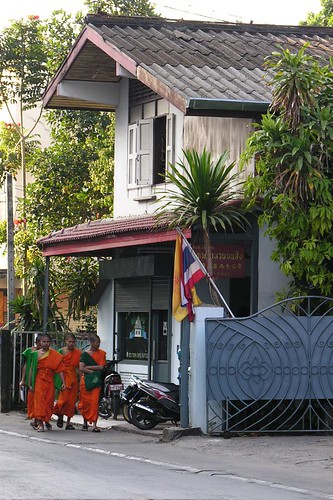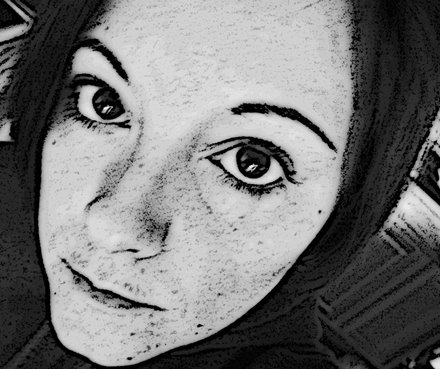What it was like for some detainees in Burma
 I don't watch very much t.v., and if I do it is not the News. It seems like most of the news I read is in my local newspaper or what I see on the screen on my yahoo homepage.
I don't watch very much t.v., and if I do it is not the News. It seems like most of the news I read is in my local newspaper or what I see on the screen on my yahoo homepage.
Here's the e-mail I got from my savvy friend, then I checked out the following link. It won't take much of your time so I encourage you to click on the link at the bottom of the post.
"Hey there,
I just thought I would pass along this article. It does a very good job telling what it is currently like inside Burma, and also the conditions the detainees faced.
From what our casual research has shown, there are still hundreds, if not thousands of monks, unaccounted for... The 1998 military crackdown by this government was much more bloody than Tiennaman Square, but of course, it happened in much more darkness.
http://www.msnbc.msn.com/id/21448379/page/2/
It's important to note that many young men in Thailand and Burma go through Buddhist Monk training. You could say it would be similar to a "right of passage" or what Mormon young men do in early adulthood.
Look closely at the picture at the top of the post. You can see the monks taking their morning alms are YOUNG MEN. It would be my guess, and I am guessing, that it is and was YOUNG BUDDHIST MEN who are protesting the Myanmar Military Dictatorship.
Here's more:
http://www.thestar.com/News/Ideas/article/264116#
"MONKS OF ACTION
Pictures of Buddhist monks shaking their fists at riot police in Myanmar (formerly Burma) have landed on the front pages of North American newspapers and scrambled some Western stereotypes.
These are not the blissed-out meditators of Western imagination. Generally pacifistic, but far from passive, Buddhists have a long history of social activism in Asia.
Monks held court with ancient Tibetan kings, and in Japan, lay Soka Gakkai Buddhists bankrolled their own political party.
"I think we misperceive Buddhism as a sort of stereotypically quietistic and world-renouncing religion, which has never been the case," says Donald K. Swearer, a visiting professor of Buddhist studies at Harvard Divinity School.
In Myanmar, many young men join the monkhood, which counts some 400,000 members, for a short time and maintain close ties to mainstream society. As society's moral exemplars, they work to alleviate the suffering of others.
That's why they took to the streets in droves last month to protest rising fuel prices.
Dissident groups in Myanmar say some 200 protesters have been killed, according to The Associated Press, and more than 4,000 have been rounded up and imprisoned.
When Buddhism was imported to the West, Americans favoured a more individualized Buddhism, concentrating on meditation and personal discipline.
The rising profiles of the Dalai Lama and Thich Nhat Hahn have sparked a more socially engaged Buddhism in the West."
from: Religion News Service
http://www.thestar.com/News/Ideas/article/264116#




No comments:
Post a Comment